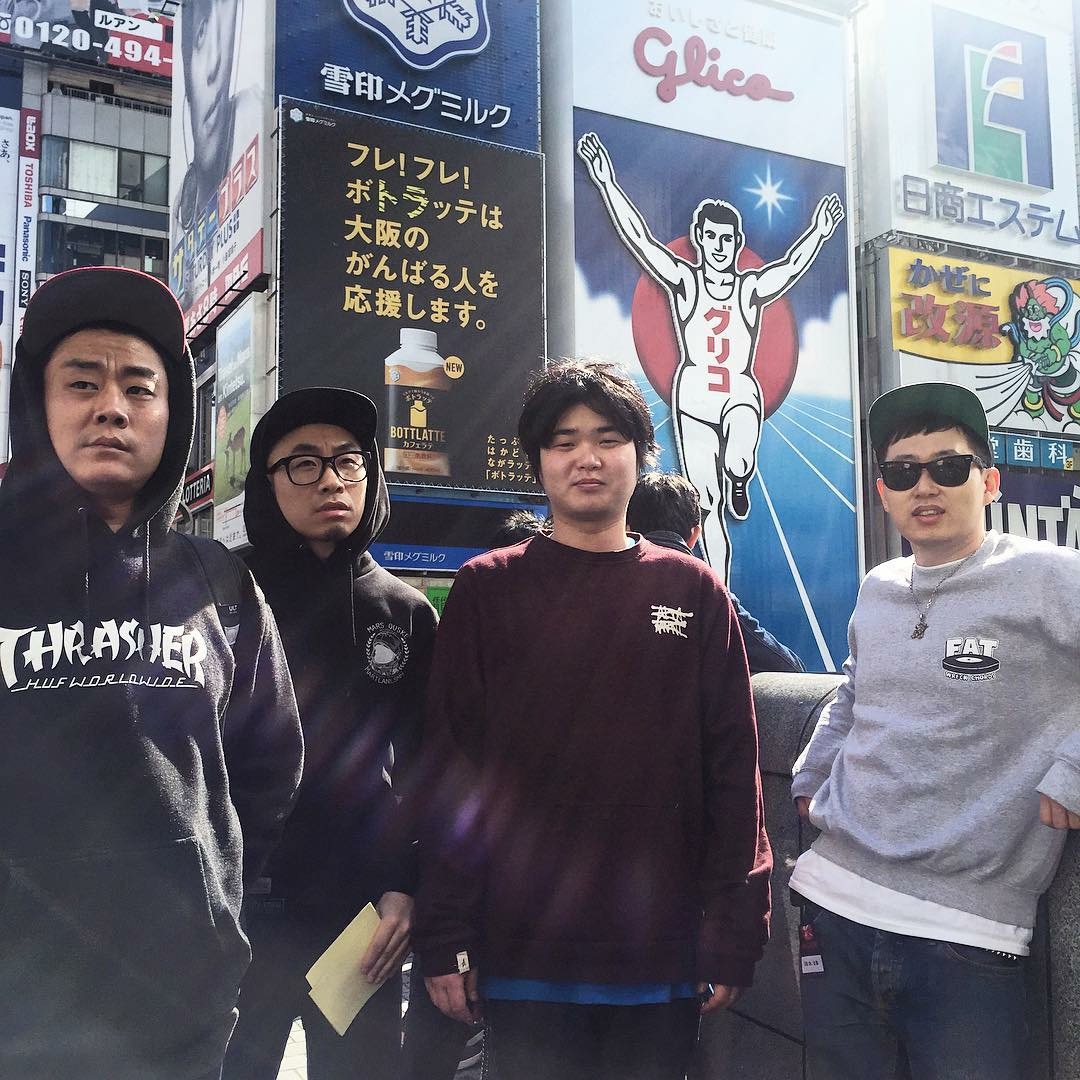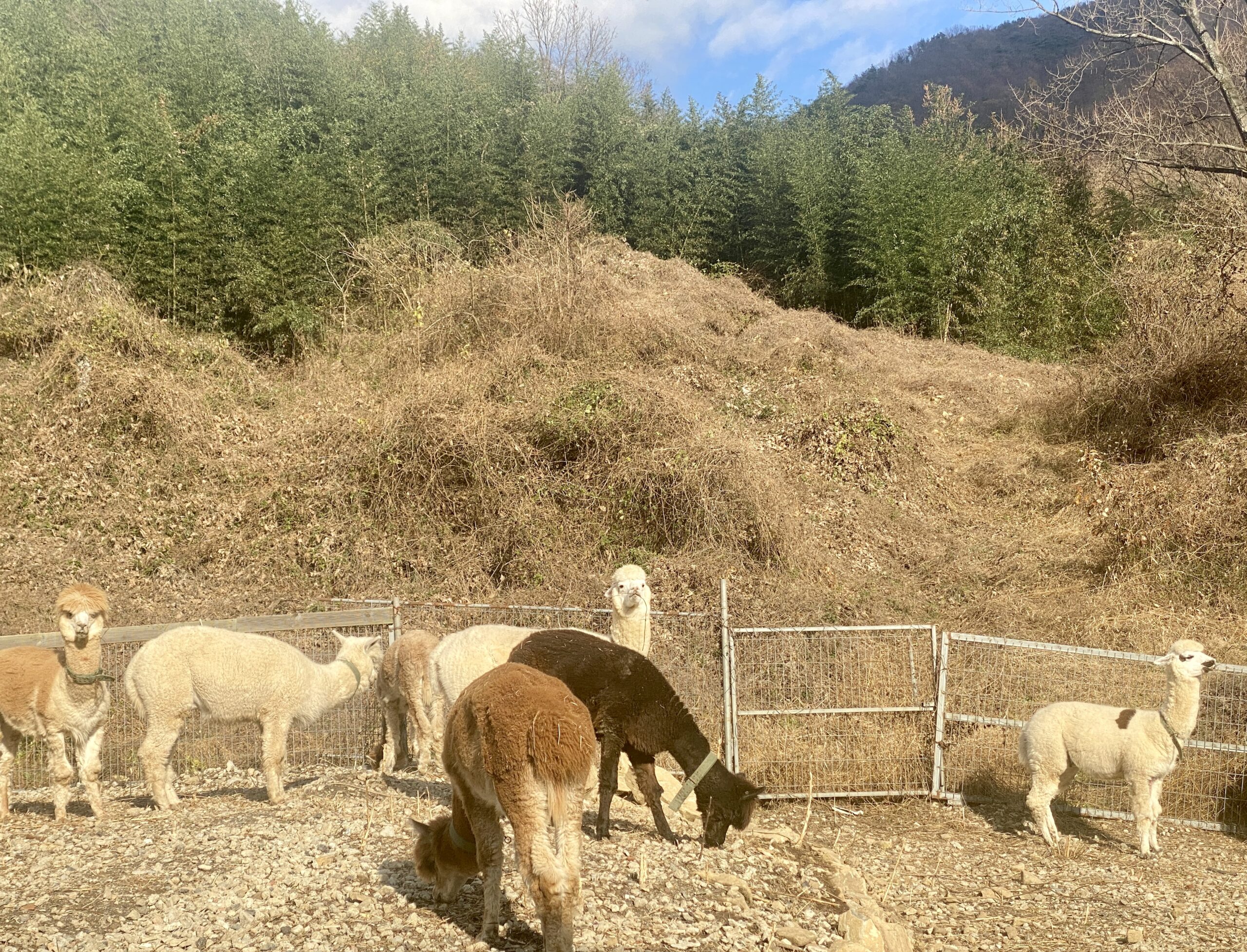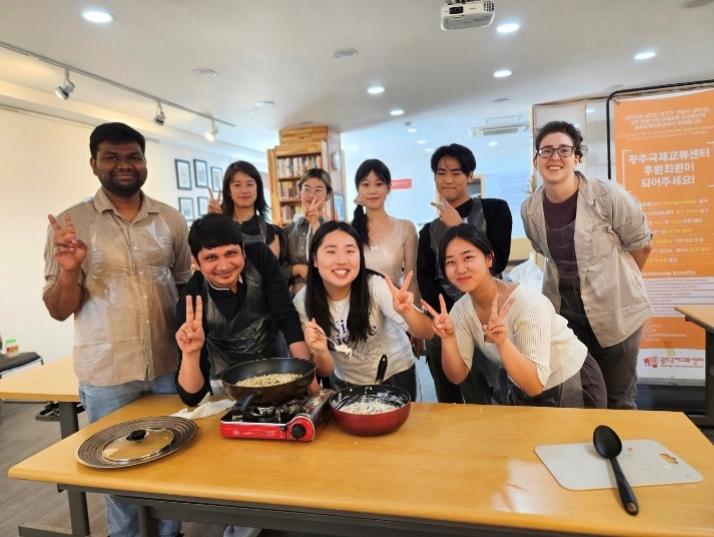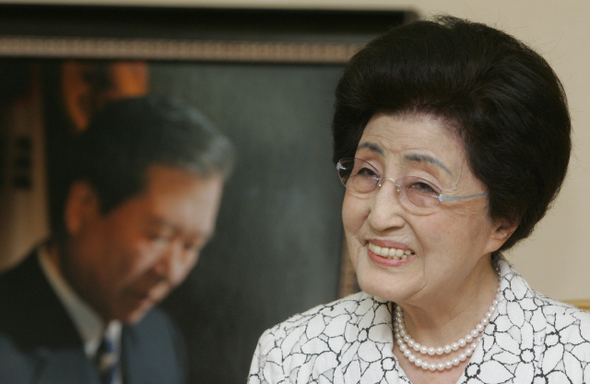First Class First Lady

Written by Douglas Baumwoll
Photographs courtesy of Kim Dae-jung Peace Center
Translations by Jung Jinho and Kwak Ji-young
Special thanks to Dr. Shin Gyonggu and Harsh Kumar Mishra
Ninety-five years ago, a very special baby girl was born in Seoul. Growing up in Japanese-occupied Korea, she would go on to be a history-making first lady and a frontier-shattering pioneer for the rights of both children and women in her patria. In 1962, she would marry Kim Dae-jung, a political dissident who, in 1998, would become the president of Korea for five years.
Now, the life story of Kim Dae-jung, who won the Nobel Peace Prize in the year 2000 for his famous “Sunshine Policy” instituting open dialogue and political relations with North Korea, is a fascinating one. Kim, a populist and talented orator, dubbed “the Nelson Mandela of Asia,” won the presidency on his fourth bid to do so. Prior to that, “Kim was tortured, imprisoned, kidnapped, sentenced to death, exiled, and regularly held under house arrest,” not to mention “surviving several assassination attempts.” This is truly the life story of a hero who literally put his life on the line for his love of democracy, equality, and country. His legacy is memorialized through the Kim Dae-jung Presidential Library and Museum (at Yonsei University in Seoul) and the Kim Dae-jung Peace Center.
The subject of our cover story this month, however, is not Kim Dae-jung, but rather his extraordinary wife, First Lady Lee Hui-ho. Although I was unable to meet with her in person during her time here in Gwangju attending the World Human Rights Cities forum, she graciously accepted our request to grant a written interview. Below, you will find the text of my original email to her along with her written responses, as translated by the folks credited above. This was a real team effort, and I am confident very little content was lost in translation. I have decided not to edit the text at all, and just let the words speak for themselves. I hope you enjoy.
Introduction from the Writer
Hello, First Lady Mrs. Lee. My name is Douglas Baumwoll. I am from the United States and have been living in Korea for seven years. I currently train Korean public school teachers in the art of teaching language. Before that, back in the United States, I worked for the United States Environmental Protection Agency. Korea has been very kind to me, and I appreciate very much its culture and my life here. I thank you sincerely for granting us this interview. I personally feel the work that you and your husband have done is truly noble and historic, and I thank you as a fellow public servant and human being. Thank you in advance for your time and sincerity in responding to these questions. Our readers will be very appreciative of your thoughts.
Regarding your long history of work in human rights and for social justice for children and women, please tell us about one of your most satisfying accomplishments.
Now, the status of women has improved a lot compared to before. Men and women can receive equal education and various laws have been created and enforced to protect children regardless of their gender. In the past, women did not even know about the marriage registration laws because there were only few opportunities for women to receive a proper education. Therefore, being YWCA general secretary, I joined the campaign for marriage report and the anti-concubine movement with several women organizations. I still remember the time when I used to organize pickets and protest.
Regarding President Kim Dae-jung and his presidency, can you tell us how you advised him as a friend and wife while living in the Blue House?
I believe the development of democratization to be the most important contribution of my husband. In addition, I respect him for what he has done as President of South Korea, such as summiting with North Korea for the improvement of inter-Korean relations and efforts for peace on the Korean peninsula. I did not say anything helpful to him because he did well by himself. I worked on my own, by myself. At the time of the election, I went to many places and visited places to serve where people were in need. I did not specifically inform my husband about these activities. We cheered each other silently as we did well on our individual projects.

Regarding President Kim Dae-jung, what would you like his legacy to be for Korean students learning about peace, democracy, and humanitarianism?
He forgave the people, even though he had suffered all sort of hardship, including abductions, a death sentence, and life threats. It is not easy for anyone to forgive someone who is trying to kill you. He tried to practice Jesus’ teachings in his life. I hope forgiveness and reconciliation will bring peace to the Korean Peninsula one day.
Regarding yourself and your lifelong accomplishments, what would you like your legacy to be for Korean students over the next 20 years?
I have tried to live my life according to the teachings of Jesus. Love and forgiveness were the most important things. I hope that young people can also forgive those who wrong them and love everyone.
Can you tell us the most exciting projects currently in motion at the Kim Dae-jung Peace Center?
I started this work out of great concern for the poor after I joined as chairman of the Kim-Dae Jung Peace Center. Every December, we gather the money received from the Nobel Peace Prize and donations and deliver rice to orphanages, nursing homes, and homeless shelters recommended by four different organizations. We have already been doing this for eight years. We are also promoting the deposition of donations and donation of goods. I hope that more people will come together to help those who are in need.
Another Forum theme is “Do we live in peace?” What are your thoughts on international conflict in today’s world? In particular, what are your hopes for the outcome of Korea’s relations with North Korea, given the events of the last few years and your husband’s legacy of the “Sunshine Policy”?
We’re facing economic difficulties, corruption, and the breaking of families, which are threatening our lives. Parents abuse their children and children are starting to hate their parents. These things are great threats for our society. For the peace of our society, we must restore the values we’re losing. For the happiness of the family and practice of social justice, people in society should respect each other and love each other. But from all of the above, I would first like to encourage and help those who are weak.

Regarding President Kim Dae-jung’s Sunshine Policy, can you tell us how you celebrated as a family when you found out that he had won the Nobel Peace Prize in 2000?
I watched the announcement of my husband winning the Nobel Peace Prize on TV together with him. I was so happy that I embraced and congratulated him. He said that he’d give the honor of winning the Nobel Peace Prize to our people. I think the Nobel Peace Prize has also been given to the people of our country who have struggled together to achieve democracy of Korea.
One of my teacher trainees asked me to ask you the following: With the “4th Wave of Technology” and artificial intelligence, which many predict will be led by Asia, what human rights issues do you see arising?
In the past, it was possible to block information by the media. The dictatorial regime used the media to control and suppress people. However, as we have entered the information age, people can receive news by one-to-one media. My husband is the one who said that the disclosure of information and transparency must be ensured. And he said that because the citizens of our country have fought for democracy, with more technological development, a better democratic society can be made. I also think that the development of technology will enhance the transparency of information in society. Artificial intelligence technology will develop especially to protect the weak people who are still living lives that go unnoticed.
I sometimes work with Korean elementary school teachers. One of them was curious about what type of reforms you would like to see, if any, in the Korean elementary school system.
During the Fourth Industrial Revolution, much more information and knowledge is being acquired from outside . . . Therefore, I think that elementary schools, which teach the foundations of education, should teach students wisdom for living in the world. We should help them be able to acquire the basic attitudes to live in the world through wider character education.
I notice that you are a woman of religious faith. You attended Lambuth College in the United States, and earned your master’s degree from Scarritt College for Christian Workers. Many humanitarian workers are connected to and motivated by faith. What would you say to Koreans today, of all ages, who are not actively religious about performing humanitarian or volunteer work?
Today we are not following the teachings of Jesus Christ. His teaching is to practice love. The love that Jesus Christ talked about is love for the poor and the needy. Helping the weak is the duty of a Christian. It is more important to practice these teachings of Jesus Christ than to stress religion in Korean society.
As you look back on your long, accomplished life, what one piece of advice would you offer to Korean women entering university today? And to the men?
Discrimination in the right of education is disappearing; men and women are getting equal education. Furthermore, as the world is becoming an information-friendly society, it has become easier to learn about many things. In my opinion, reading books is the best way to expand your knowledge about things. I would personally recommend both young women and men to read as many books as possible.

As a 95-year-old woman who will be remembered by future generations for her outstanding and interesting life, what do you do to simply enjoy yourself on a typical day in your life?
I usually spend my day reading books and watching the news at home. But the thing I like most and enjoy doing is helping others. After my husband passed, I made myself busy working as chairman of the Kim Dae-jung Peace Center and continuing to visit nursing homes and orphanages. The most enjoyable thing is to be able to help the needy with the little I can do.
If you could live your life over again, tell us about one decision you would change, if any.
I would not want to change any of my decisions, even if I could live again. However, I regret not taking good care of my deceased parents. No matter how busy you are in your life, one should look after their elderly parents.
Having seen what you have seen in your life, from being born under Japanese occupation to being well-educated and well-traveled to working for the United Nations and the Asia Pacific Peace Foundation, what is your ideal vision of Korean society for today’s Korean children when they grow up?
Although children live in society with materialistic abundance nowadays, they suffer from mental poverty. Home training subtly effects the education of children. Children refer to actions taken by their parents. The rights of children are very important. Keeping them from psychological difficulties will strengthen the future of our society. To do this, parents must fulfill their roles and responsibilities. Education in the home should be upright.
Once again, thank you so much for your time. I hope you enjoy the Human Rights Cities Forum and your time in our city of Gwangju!
Well, that’s it. I hope you have gained an insight into this exceptional woman’s thoughts and perspectives, which were truly ahead of their time. To read an excellent article on President Kim’s life, see The Guardian, August 18, 2009.
The Author
Doug Baumwoll, a professional writer and editor for 25 years, trains in-service teachers in writing skills and methodology. His personal writing interests include visionary and speculative fiction, climate change, energy, and social justice. He is the founder of SavetheHumanz.com.





